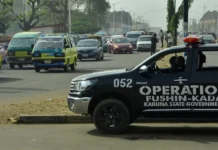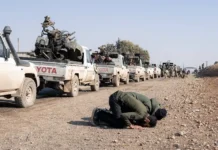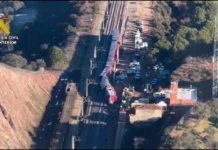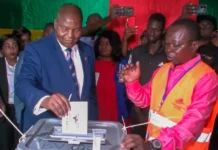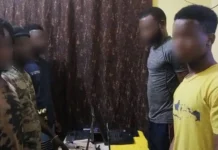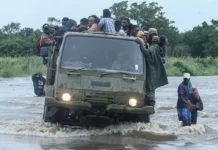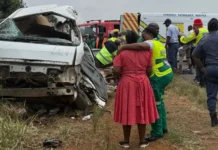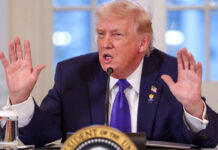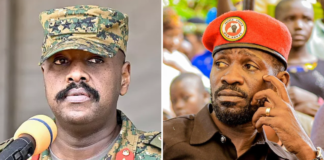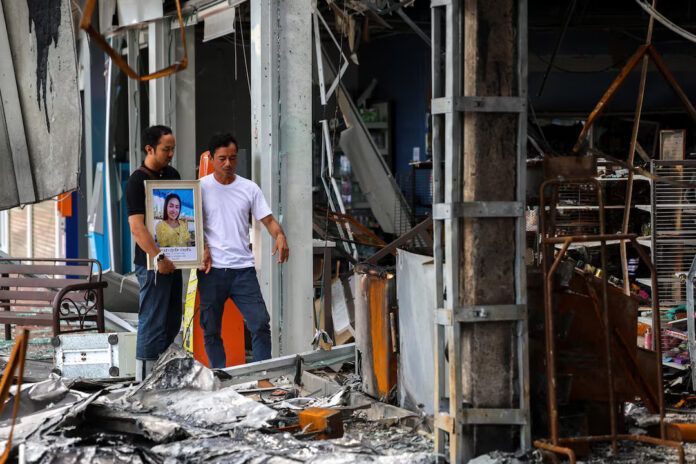
Tensions between Thailand and Cambodia flared once again on Wednesday after Thailand’s military accused Cambodian forces of violating a recently brokered ceasefire at three separate locations along their disputed border, marking the second such incident in less than 48 hours.
Thai army spokesperson Major-General Winthai Suvaree said Cambodian troops allegedly opened fire using small arms and grenade launchers in northeastern Thailand’s Sisaket province, prompting Thai forces to respond in what he termed an act of self-defence.
“Cambodian forces used small arms and grenade launchers, prompting Thailand to respond in self-defence,” Suvaree told journalists in Bangkok. “This was the second incident since the agreement and reflects a behaviour that does not respect agreements, destroys de-escalation efforts and hampers trust between the two countries.”
The accusations come just days after both nations signed a ceasefire deal on Monday, aimed at ending five days of fierce fighting that killed at least 43 people and forced over 300,000 civilians to flee their homes on both sides of the border. The truce, mediated in Kuala Lumpur, was secured following strong diplomatic pressure from Malaysian Prime Minister Anwar Ibrahim and U.S. President Donald Trump.
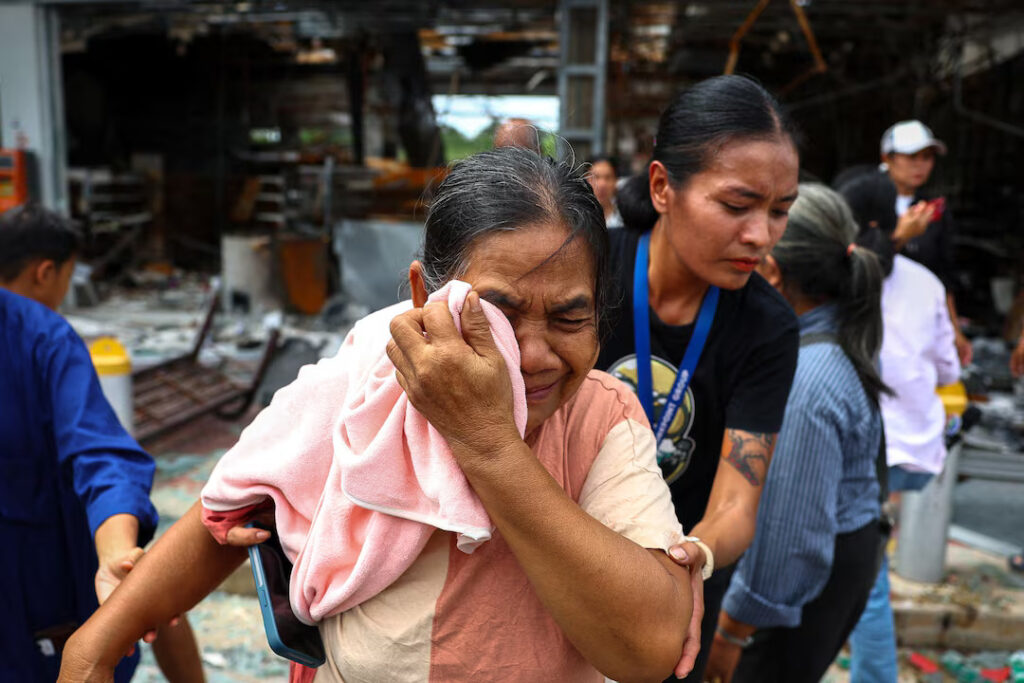
A relative of people who lost their lives when a Cambodian artillery shell slammed into a gas station and destroyed the attached 7-Eleven convenience store, cries after a religious ceremony in Sisaket province, Thailand, July 30, 2025. REUTERS/Athit Perawongmetha
Trump, who had warned Thai Prime Minister Srettha Thavisin and Cambodian Prime Minister Hun Manet of possible trade consequences if hostilities resumed, said after the ceasefire was announced that he had instructed U.S. trade officials to begin negotiations to avert a threatened 36% tariff on Thai and Cambodian goods exported to the U.S.—a move that could devastate both economies.
Despite the fragile ceasefire, Wednesday’s accusations indicate that tensions remain high. Cambodian officials swiftly rejected Thailand’s claims.
“Cambodia strongly rejects the ceasefire accusations as false, misleading and harmful to the fragile trust-building process,” said Cambodian Foreign Ministry spokesperson Chum Sounry at a press briefing in Phnom Penh. “We remain fully committed to the ceasefire and call for the immediate establishment of a credible monitoring mechanism, including international observers.”
Cambodia further emphasized that it has not engaged in any offensive operations and instead urged for transparency and third-party oversight to avoid misinterpretations and inflammatory rhetoric.
The ceasefire agreement also included a clause to halt troop movements along the border and pave the way for a high-level military dialogue, with both nations’ defence ministers and senior commanders scheduled to meet on August 4 in Cambodia to chart a permanent resolution path.
While there have been no confirmed reports of heavy artillery use since the truce took effect, independent monitors and analysts note that neither side has shown any visible signs of troop withdrawal or de-escalation on the ground—raising concerns over the longevity of the ceasefire.
The long-disputed border area near the Preah Vihear Temple has historically been a flashpoint for military confrontations between the two Southeast Asian neighbours. The most recent escalation marked the deadliest bout of violence in over a decade.
As regional and international actors urge calm and restraint, the upcoming August 4 meeting is being viewed as a crucial test of both countries’ commitment to peace and regional stability.
Written By Rodney Mbua









